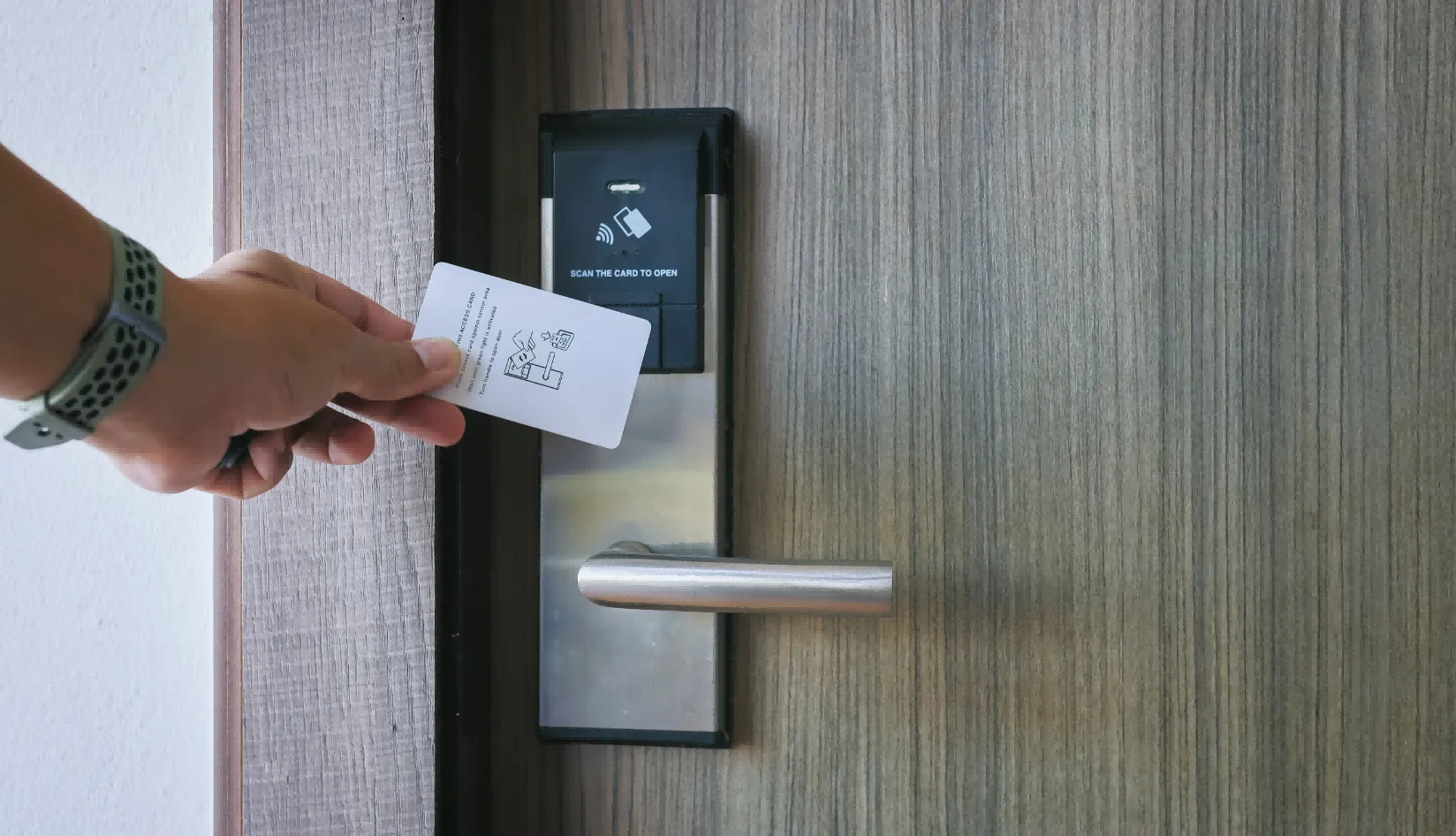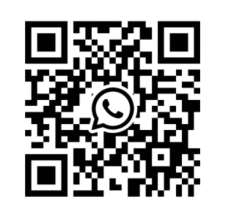
RFID (Radio Frequency Identification) technology is transforming hotels and resorts by streamlining operations, enhancing the guest experience, and strengthening security. Implementing RFID can help hotels automate labor-intensive processes, significantly reduce human error, and gain actionable data insights for smarter decision-making. According to International Hospitality Management Magazine, adopting RFID can reduce labor costs by 15-25% and increase item tracking accuracy by 12%.
Traditional magnetic stripe room cards are susceptible to demagnetization, wear, and cloning. In contrast, RFID access cards using MIFARE or similar technology provide secure, encrypted contactless communication, allowing guests to gain near-instant access simply by holding their card or device against a reader.
Many resorts are using Meihe's waterproof and tamper-resistant RFID wristbands as omnichannel credentials to streamline guest access. These credentials can be dynamically updated: for example, if a guest purchases spa access during their stay, the RFID data is immediately updated, eliminating the need to replace keys or wristbands.

Meihe's washable, heat-resistant UHF RFID tags are embedded in linens to ensure that every piece of linen, towel, and uniform is securely stored throughout its journey from the guest room to the laundry and back again. The RFID system tracks usage patterns and replacement intervals, providing information for procurement and reducing manual inventory counts.
For large conferences, weddings, and seminars, guest registration can be time-consuming and cumbersome. With RFID integration, attendees can check in with a single tap, gain fast entry, and access real-time attendance data through a portal reader.
RFID wristbands and cards allow guests to make secure, contactless payments for dining, amenities, and activities without a wallet.
Every time a guest uses their RFID credential, the activity is automatically recorded, allowing accurate accrual of loyalty points. Advanced analytics provide valuable guest behavior data, enabling targeted promotions, personalized offers, and optimized service delivery.

Hotels can strategically place RFID readers to monitor staff activity. Each staff member's RFID badge is encoded with role-specific access rights, ensuring compliance with data privacy regulations. Securing Restricted Areas
Sensitive areas such as server rooms, cash offices, and chemical storage require enhanced security. RFID enables granular, time-based access control and immediate revocation if access is lost or terminated. Comprehensive audit trails support regulatory compliance and effective incident investigation.
Attaching RFID tags to critical assets can reduce internal theft and loss. Passive ultra-high frequency (UHF) tags have a long read range, enabling timely audits and automatic alerts if assets are lost or found in unauthorized locations.
Waterproof RFID tags can be attached to rental items to automate checkout/putaway, speeding up checkout and providing real-time inventory monitoring.

Onsite warehouses benefit from RFID-based inbound and outbound shipment tracking. UHF tags and dockside readers collate deliveries and purchase orders in real time, preventing stockouts, overstocking, and human error. Automated Minibar and Amenity Management.
Using RFID to track minibar items and guestroom amenities enables real-time consumption tracking and predictive replenishment. Automated inventory alerts and shrinkage detection increase revenue and guest satisfaction.
RFID is more than just a technological upgrade; it's a strategic investment that can transform the way hotels and resorts operate, boosting guest loyalty, increasing staff efficiency, and achieving measurable cost savings. With rapid technological advancements and declining costs, RFID solutions are poised to become the standard for a data-driven, seamless hotel experience.
Chat NOW
Scan to wechat :

Scan to Whatsapp :
